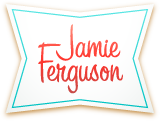Charts and lists and plans
I now have a scene list for the novel, as well as an outline, and it’s been tremendously helpful. In the past I’ve worked with what was essentially a combination of a scene list and an outline, but for this book I wanted to track more details, so I have two separate documents. My old…
